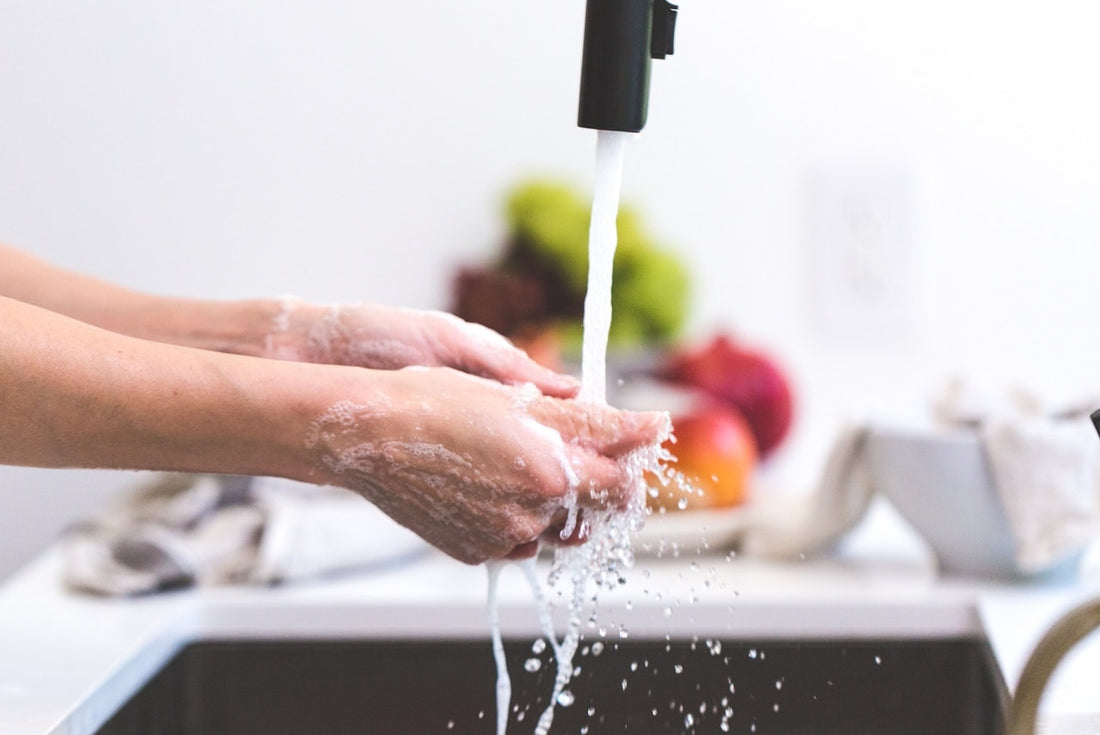
Urban Water Conservation Techniques to Save Our Cities
Share
With the global urban population on the rise, the demand for water resources is becoming increasingly critical. Cities encounter distinct challenges when it comes to water management, dealing with limitations in infrastructure, pollution, and the effects of climate change. In light of this, urban water conservation techniques are essential for securing a sustainable future. Tech professionals and enthusiasts have an important role to play in driving this shift.
This article explores various approaches that cities can implement to conserve water, focusing on the contribution of technology and innovation. By adopting these techniques, urban centers can minimize water waste, improve efficiency, and ensure long-term sustainability.

Smart Water Management Systems
The rise of technology has allowed for the creation of smart water management systems that can monitor and enhance water usage in real-time. These systems leverage sensors, data analytics, and IoT devices to offer valuable insights into water consumption patterns. By identifying leaks, inefficiencies, and areas of high demand, cities can enact targeted measures to mitigate waste.
For instance, the installation of smart meters in residential and commercial properties allows users to monitor their water usage and modify their consumption habits as needed. This not only aids in water conservation but also leads to lower utility expenses. Additionally, municipalities can utilize this information to plan infrastructure upgrades and ensure the fair distribution of water resources.
Rainwater Harvesting and Greywater Recycling
Rainwater harvesting represents a straightforward yet powerful technique that enables urban areas to collect and store rainwater for various applications. This practice alleviates pressure on municipal water supply systems and provides a sustainable water source for activities such as gardening and toilet flushing. Cities can encourage rainwater harvesting through supportive policies and incentives for both residential and commercial establishments.
Another efficient method is greywater recycling, which involves repurposing wastewater from sinks, showers, and appliances. By treating and reusing greywater for non-potable purposes, urban areas can drastically lessen their water footprint. For successful implementation, collaboration among tech experts, urban planners, and policymakers is essential to ensure both efficiency and safety.
Innovative Landscaping Techniques
Urban green spaces are significant contributors to water consumption, especially in regions with extensive landscapes. Adopting innovative landscaping techniques, such as xeriscaping, can effectively diminish water demand. Xeriscaping is the practice of utilizing drought-tolerant plants and efficient irrigation methods to design beautiful scenery that requires minimal water.
Tech specialists can assist by developing smart irrigation technologies that automatically adjust watering schedules based on climatic conditions and soil moisture levels. These solutions maximize water efficiency and prevent overwatering, keeping urban landscapes vibrant while conserving vital resources.
Community Engagement and Education
Successful urban water conservation relies heavily on community involvement. Education and outreach initiatives can empower individuals to implement water-saving strategies in their everyday routines. Tech enthusiasts can harness digital platforms and social channels to circulate information on water conservation methods and practical suggestions.
Moreover, community-driven projects such as water conservation challenges and interactive workshops can cultivate a sense of accountability and inspire collective efforts. By collaborating, residents can significantly contribute to water conservation within their urban environments.
For tips on saving water, check out Water Corporation to explore their resources. Additionally, learn about Water Reuse options that can further aid conservation efforts.
Leveraging Technology for Water Efficiency
Innovation is crucial in advancing water efficiency in urban settings. Technologies like AI-driven water management systems, advanced filtration methods, and smart appliances are transforming how cities manage their water supplies. By investing in R&D, tech professionals can extend the possibilities of water conservation.
For example, AI algorithms can process extensive data to forecast water needs, optimize distribution networks, and identify system anomalies. These insights empower cities to proactively tackle issues and improve overall water efficiency. Moreover, integrating renewable energy in water treatment can further lessen environmental impact and support sustainability.
For additional information on water conservation efforts, visit this Wikipedia article on the subject.

FAQs
What are some simple water conservation tips for urban residents?
Urban residents can save water by fixing leaks, utilizing water-efficient appliances, and adopting conscious habits such as turning off the tap while brushing teeth. Collecting rainwater for gardens and using greywater for flushing toilets can also help decrease water usage.
How can technology assist in urban water conservation?
Technology is pivotal in urban water conservation, facilitating smart water management systems, real-time monitoring, and data analysis. These tools provide insights into consumption patterns and highlight areas for improvement, ultimately reducing waste and increasing efficiency.
Why is community engagement vital in conservation efforts?
Community involvement is essential as it nurtures a sense of ownership and spurs joint action. When individuals collaborate on water conservation, their combined efforts can lead to substantial reductions in water usage, contributing to a more sustainable future.
To explore more practical water-saving strategies, visit Board of Water Supply. You can also check out the Wildlife Trusts for additional tips on conserving water in your community.
